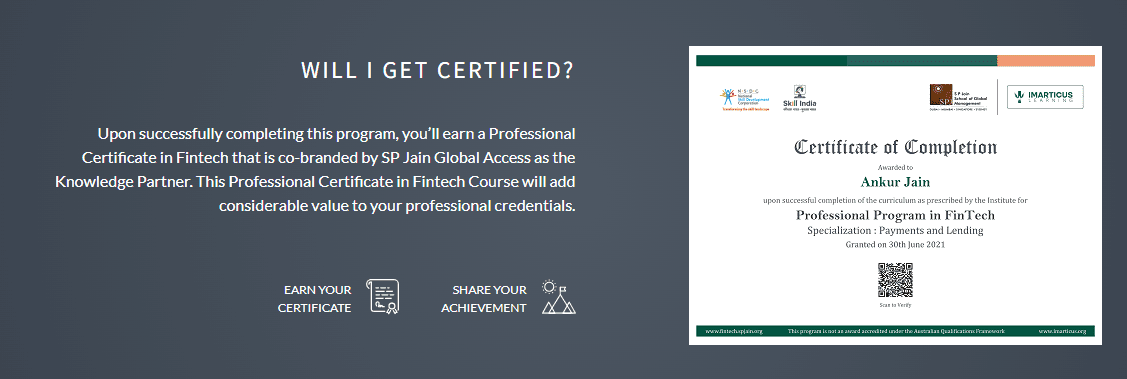The future of Bitcoin and the cryptocurrency economy
Cryptocurrency seems to be the future of transactions and payments. Millions of dollars in cryptocurrency is exchanged every day, increasing the total valuation of the market which is already in trillions. Just in 2021, the crypto market crossed 2 trillion dollars. The value of a Bitcoin has been fluctuating from $30,000 to even over $60,000. Proving many predictions about its downfall wrong, Bitcoin has still managed to remain highly valuable. There are more than 11,000 cryptocurrencies that are stored across more than 100 million digital wallets. Economists and experts have been reported as declaring that the crypto universe will only become more relevant in our day-to-day lives while the cryptocurrency economy keeps growing.
Currently, cryptocurrencies are used as investments by individuals, crypto-farming or crypto-mining firms, and small groups. However, experts predict that institutions and banks will soon start investing in crypto assets as well.
The future of Bitcoin
The future of Bitcoin seems to be bright according to many crypto market experts while some believe that it is a bubble that is about to burst. According to experts, Bitcoin might not touch absolutely zero, however, the long-term value of a Bitcoin might be closer to $100 than it is to $100,000. Even without Bitcoin increasing in value, the cryptocurrency might become quite common in retail and daily transactions.
Bitcoin transactions are still quite slow and charge a hefty network fee (close to $20), thus still not being a preferred mode of payment. The distributed ledger technology behind Bitcoin can only support about 180,000 transactions daily while other centralized or national payment systems can enable 100,000 to 300,000 transactions per second. This is another reason why Bitcoin will not be replacing regular currency anytime soon. However, with a second layer or lightning network that bypasses the blockchain, other cryptocurrencies offer much faster transactions and lesser network fees. Bitcoin (BTC) can also be threatened by the likes of Ethereum (ETH), Litecoin (LTC), and Ripple (XRP), which users are preferring due to faster transaction speeds and the coins having a lower value.
The future of the cryptocurrency economy
According to Kenneth Rogoff, a Harvard University professor of economics and public policy, the market capitalization of cryptocurrencies can become anything between $5 trillion and $10 trillion. If cryptocurrencies start being processed through verified ETFs or exchange-traded funds, then the number of people investing in cryptocurrencies will automatically increase. However, due to being decentralized, authorities and governments cannot monitor or track crypto-based transactions. This ends up helping many illegal activities such as weapon trading, money laundering, and drug peddling. Thus, regulatory bodies across the globe will not allow cryptocurrencies to enter the mainstream economy that easily.
Cryptocurrencies are finite and only a certain number of them can be generated. Thus, these coins will retain their value due to their rarity and a lack of overabundance. Till the time cryptocurrency users believe or trust in these coins and their worth, the value of the cryptocurrency market will keep soaring.
There are already platforms that promote institutional-grade crypto trading and investments. Cryptocurrencies are true alternatives to conventional currencies but lack the guarantee centralized currencies provide. There is a risk factor and a lot of anomalies in the performance history of cryptocurrencies. If cryptocurrencies are floated on NASDAQ, eventually, they will gain more credibility. Cryptocurrencies are decentralized and minted on blockchain networks, thus, already being impossible to manipulate by any single entity. A fintech course with blockchain certification or a Bitcoin course can definitely help you learn more about cryptocurrencies.




 Understanding the fintech industry
Understanding the fintech industry